The vetting of seven nominees to the powerful Independent Electoral and Boundaries Commission (IEBC) has been frozen—effective immediately!
High Court Judge Lawrence Mugambi issued a conservatory order on Monday, barring Parliament from proceeding with the approval process until May 29. At the heart of the dramatic ruling? Explosive claims of secrecy, procedural flaws, and outright illegality.
The ruling temporarily halts the nomination of key figures—including IEBC chair nominee Erastus Edung Ethekon—just as the vetting process was gathering steam in the National Assembly.
The legal bombshell was dropped after two concerned voters, Kelvin Omondi and Boniface Mwangi, stormed the court with prominent lawyers Paul Muite and Ochieng Odinga—demanding justice and transparency.
Accusations Rock the Nomination Process
The petitioners paint a damning picture: a nomination process riddled with opacity, discrimination, and violation of the Kenyan Constitution. According to court documents, the process lacked public participation, ignored merit-based appointments, and failed to ensure regional, ethnic, and disability representation.
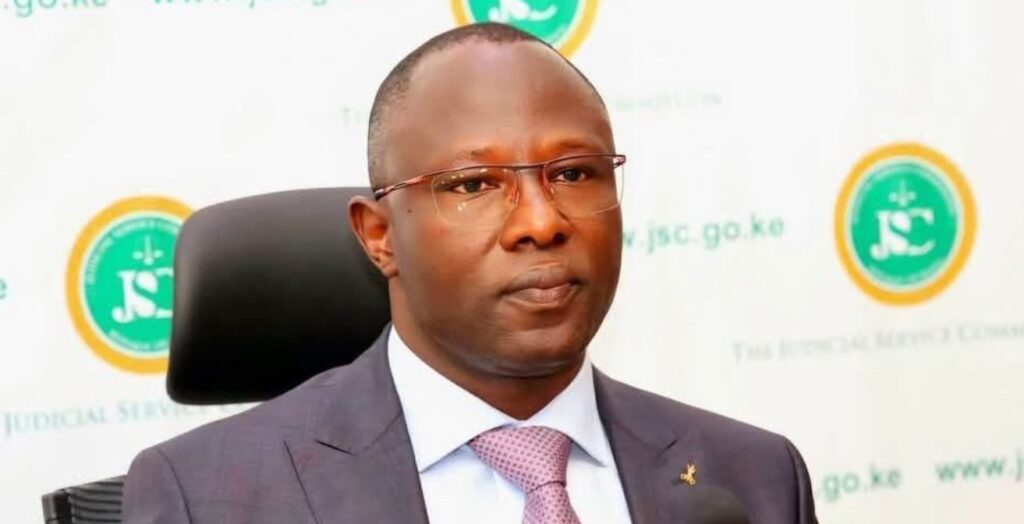
What’s even more jaw-dropping? The inclusion of Commissioner Hassan Noor—a name the petitioners say was never even shortlisted or advertised to the public.
“This was not just an oversight,” declared Muite in court. “It was a deliberate move to sidestep due process.”
IEBC Integrity on the Line
The petitioners argue that allowing the vetting to continue without resolving these issues could sabotage the credibility of the IEBC—and spark political turmoil down the road.
In a bold statement, they warned: “Approving these appointments in their current state would undermine public trust and could trigger unrest in future elections.”
State Pushes Back
But not everyone agrees. The Attorney General’s Office is pushing back hard.
Chief State Counsel Emmanuel Bitta labeled the case “premature” and accused the petitioners of jumping the gun. He insisted the court should not interfere in a matter that, according to him, hasn’t fully matured for judicial review.
“This is a clear case of judicial overreach,” Bitta argued. “They haven’t even exhausted the legal remedies available under the Constitution.”
All Eyes on May 29
With the court set to issue its final verdict later this month, Kenya holds its breath. The fate of the IEBC’s leadership—and perhaps the credibility of future elections—hangs in the balance.

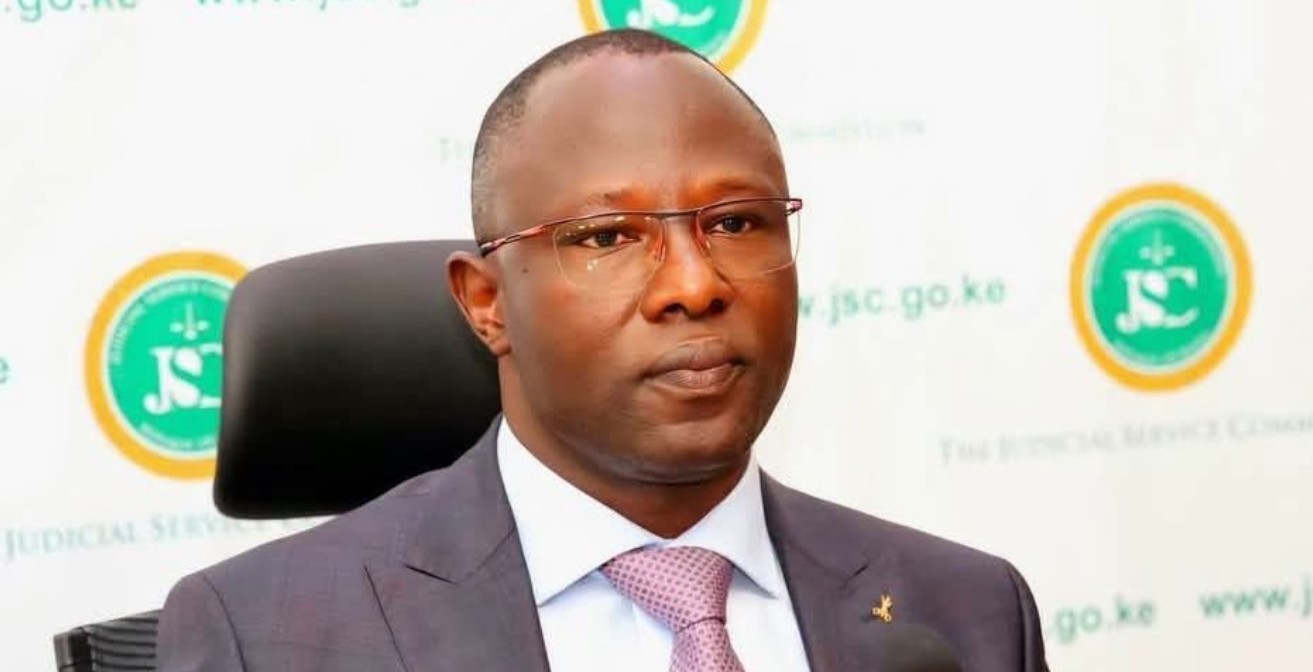

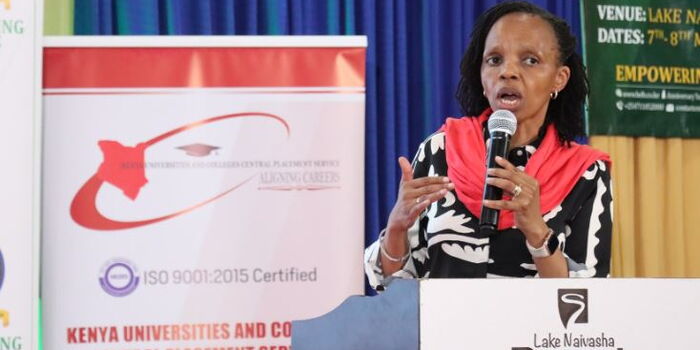
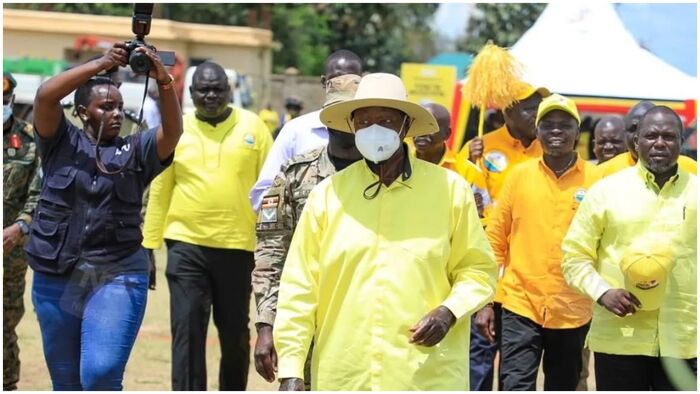
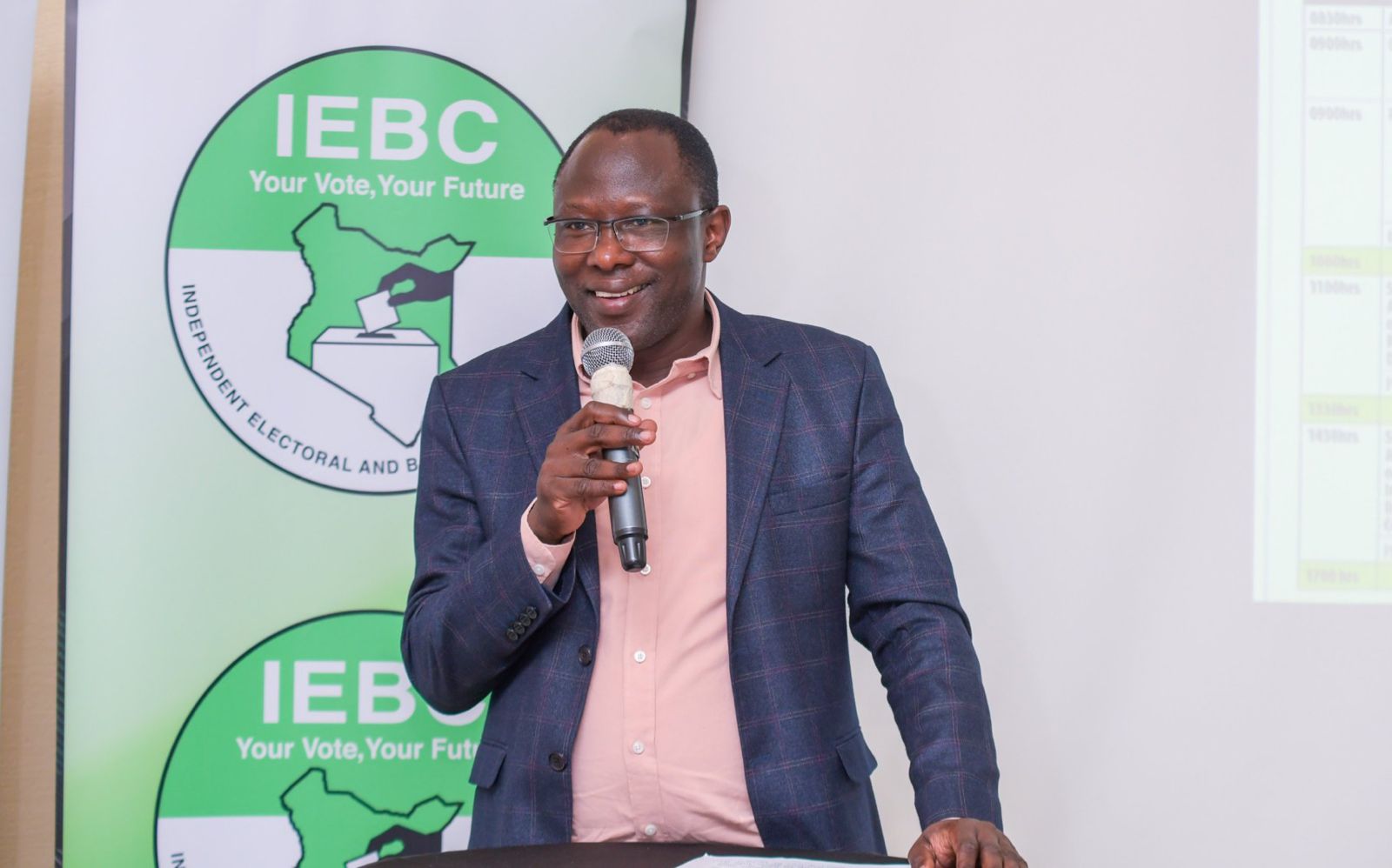

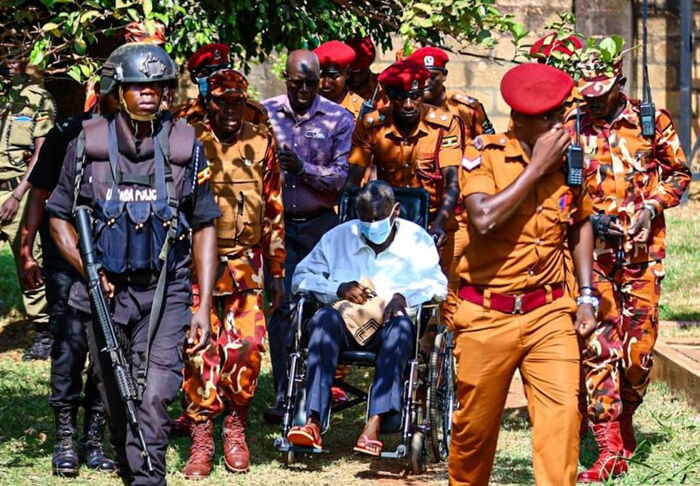
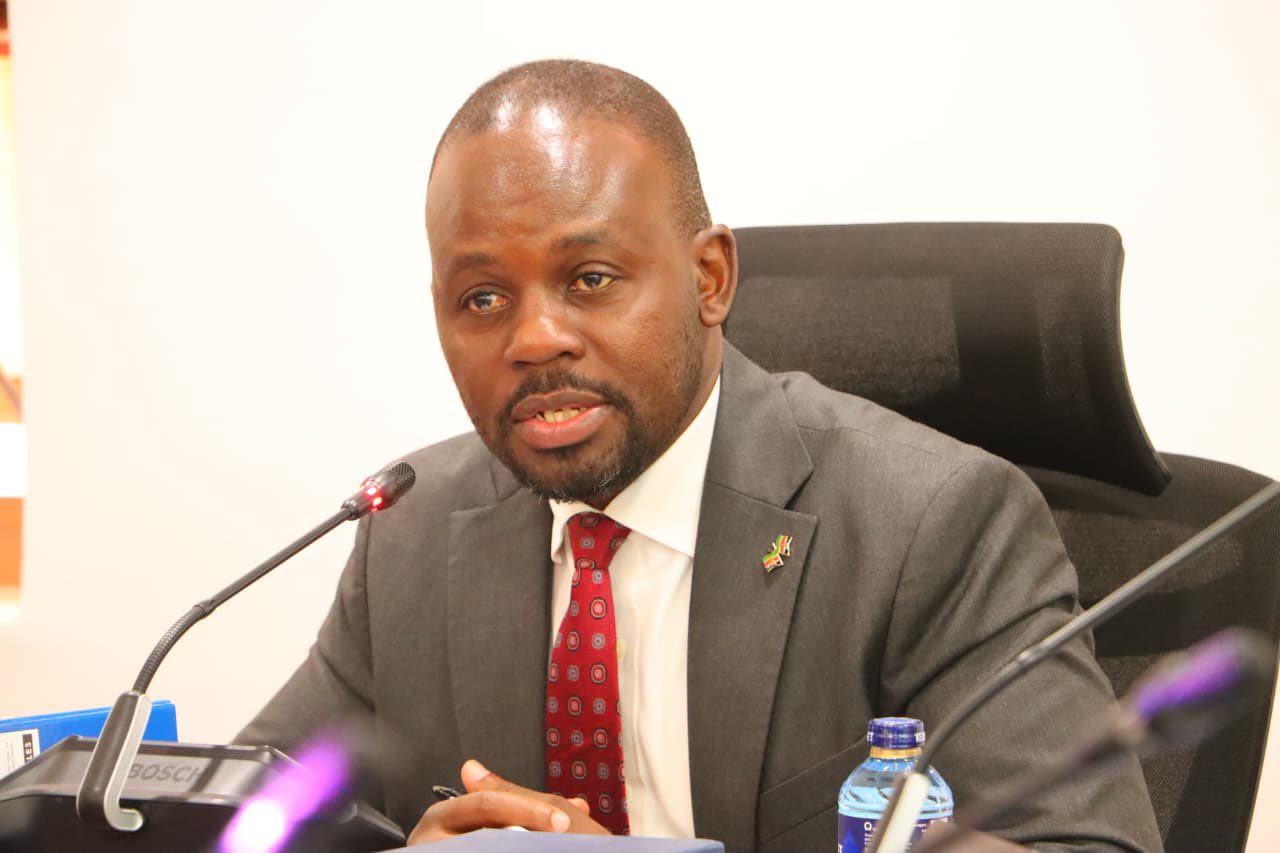
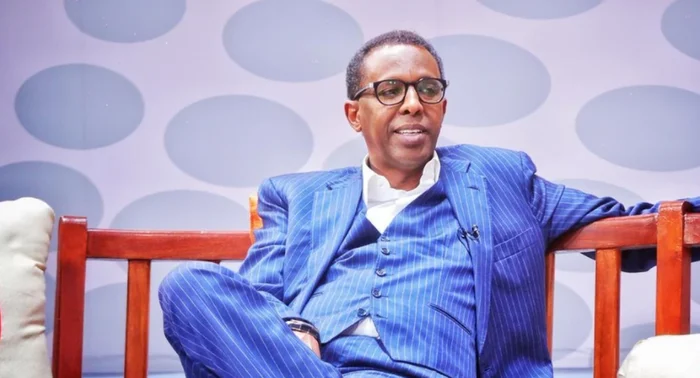

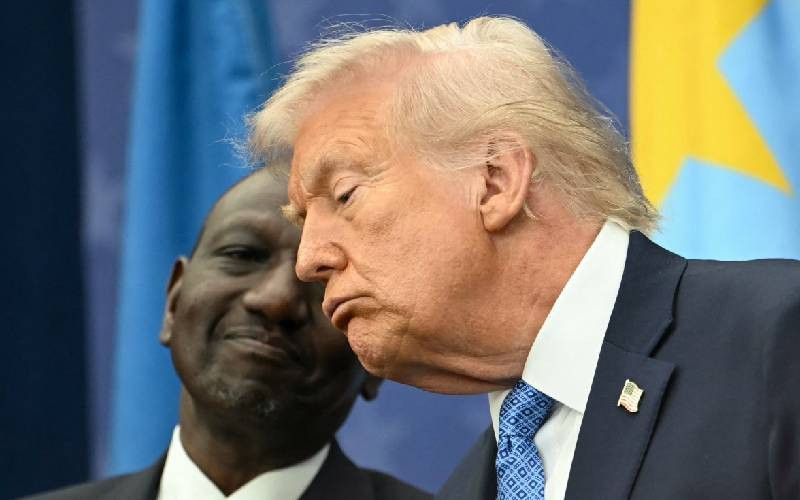
Leave a Reply